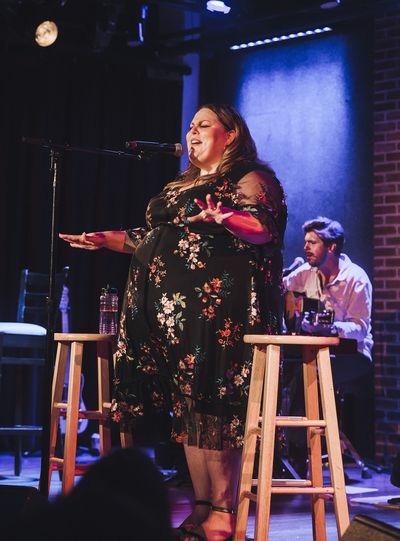For our latest episode of the Geniuses in Music series on the lives of prominent female musicians and their influential work, we present Petrona Martínez, one of the most important black singers in Colombia.
She is known as the queen of bullerengue, an ancestral musical tradition dating back to slavery in Colombia. However, it took many years for Petrona Martínez to become recognized as an artist. She struggled with loneliness, poverty and invisibility as a black woman from rural Colombia. She was 82 years old when she won her first Latin Grammy Award.
In 1998, Petrona Martínez was 59 years old when she first traveled to Bogotá, the capital of Colombia. The singer and songwriter – or cantadora, as traditional vocalists like her are called in Colombia – was born in a small village on the country’s Caribbean coast.
Petrona spent most of her life singing bullerengue in the rural communities she was surrounded by, where she learned the music as an oral tradition passed down from her female ancestors. This ancestral music consists of a call and response between the drums and the cantadora, who is usually the matriarch.
By the time she traveled to Colombia’s capital, Petrona had already built an impressive musical career with very little resources, from composing songs while collecting sand to sell to construction companies, to starting her own band and recording original music.
But in Bogotá, a city in the Andes an 18-hour drive from her Caribbean region, she was not known at all. Petrona and her band were excited to present their music, but they didn’t know how it would be received.
Some people in the audience, though mesmerized by Petrona and her commanding stage presence, assumed she was an artist from Cuba or the Antilles. Her fellow Colombians knew nothing of this ancestral music that had survived through generations of black women despite, or perhaps because of, the isolation and invisibility in which bullerengue cantadores like Petrona lived. It wasn’t until she was in her 50s, after working as a domestic worker and sand collector and becoming a mother of seven children, that Petrona was able to record her own music and show it to a new audience.
After the concert in Bogotá, her musical career took off and she not only established her presence on the Colombian music scene, but also internationally. Petrona Martínez took her bullerengue across America, Asia and Europe. In 2015, she received the Lifetime Achievement Award, the highest honor given by the Colombian government. And last year, at the age of 82, she finally won a Latin Grammy.
In this latest episode of our Musical Genius series, we explore the life and musical contributions of Petrona Martínez and their impact on the formation of a more diverse national identity in Colombia amid an armed conflict that has disproportionately affected rural, indigenous and black communities. We analyze how structural racism played a role in her musical career and how Petrona overcame many obstacles to preserve and expand access to her ancestral traditions.
The Genius in Music series also includes the following episodes:
Featured image courtesy of Manuel Garcia Orozco.



